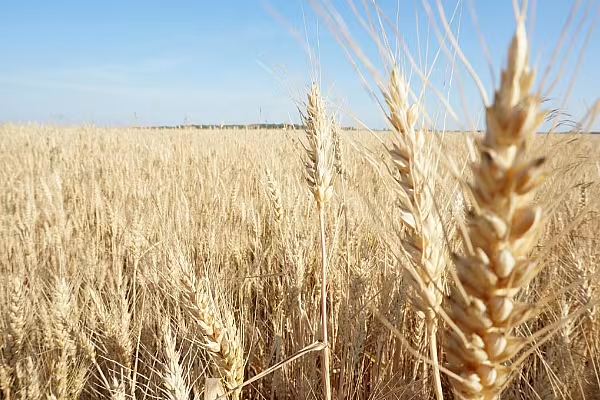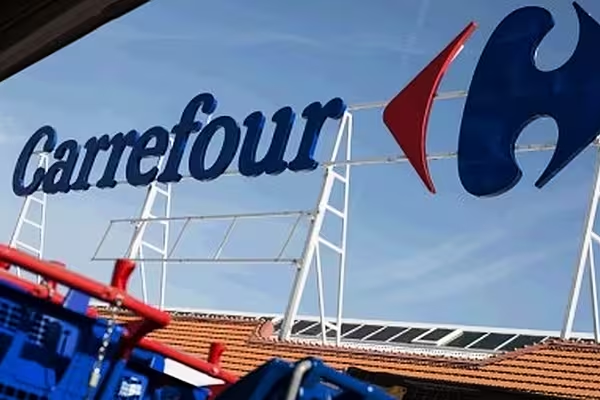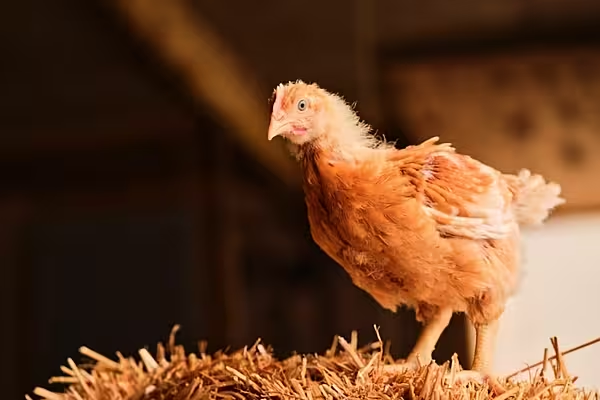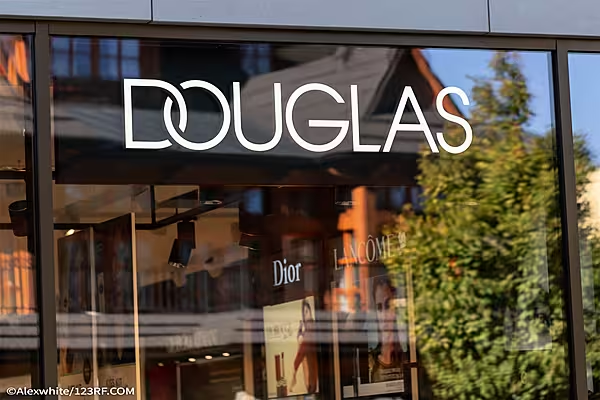Slack early-season demand for European Union wheat, as cheaper Russian and Ukrainian supplies rack up sales, has some traders worried that the EU is falling too far behind in exports even if its surplus is set to be cut by a rain-hit harvest.
EU common wheat exports in the first three weeks of the 2024/25 season that started on 1 July were down a third from a year ago. While that gap may partly be due to missing figures for France, traders see little business on the horizon.
"Russian wheat especially is looking so cheap that the west EU is out of the export game for the near term," a German trader said.
Russia, the biggest wheat exporting country, has appeared to loosen a minimum export price policy in tenders held by Egypt, a move traders sees as partly in response to a temporary halt to imports by Türkiye.
Ukraine, meanwhile, has bolstered its exports through a war-time shipping channel established last year.
A tender purchase by Algeria for September shipment dented sentiment in western Europe, with prices suggesting Black Sea supplies including Russian and Ukrainian wheat would fill the order and leave France sidelined in one of its major outlets.
"This means France has got nothing in its export book up to the end of September," one French trader said.
Doubts Over Demand
A lack of demand from China, a leading market for French wheat, has added to doubts over demand, though several cargoes of French barley are thought to have been sold for summer shipment.
EU suppliers may be left battling for sales to drought-hit Morocco, which is closer to western Europe.
Some see export concerns as premature.
"It's never encouraging to see exporters not loading, but it's not unusual to see this kind of price gap with Black Sea wheat," Maxence Devillers of Argus said.
Traders are waiting to see the extent of rain damage to the ongoing European harvest, with persistent rain in France and Germany raising concern that milling quality will suffer after area and yield.
Poor wheat harvest quality might further curb exports by shifting more crop towards livestock feed within the bloc.














